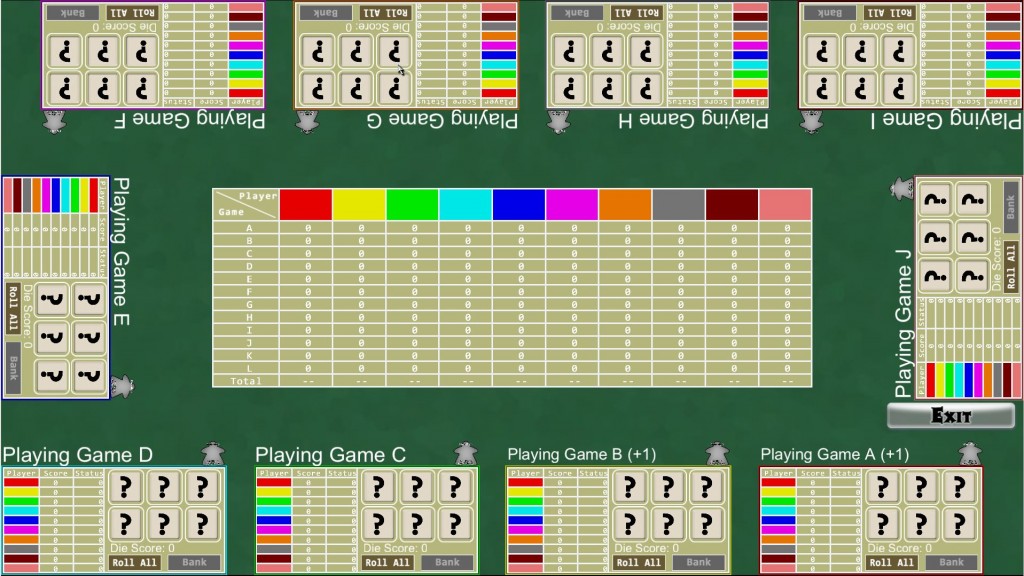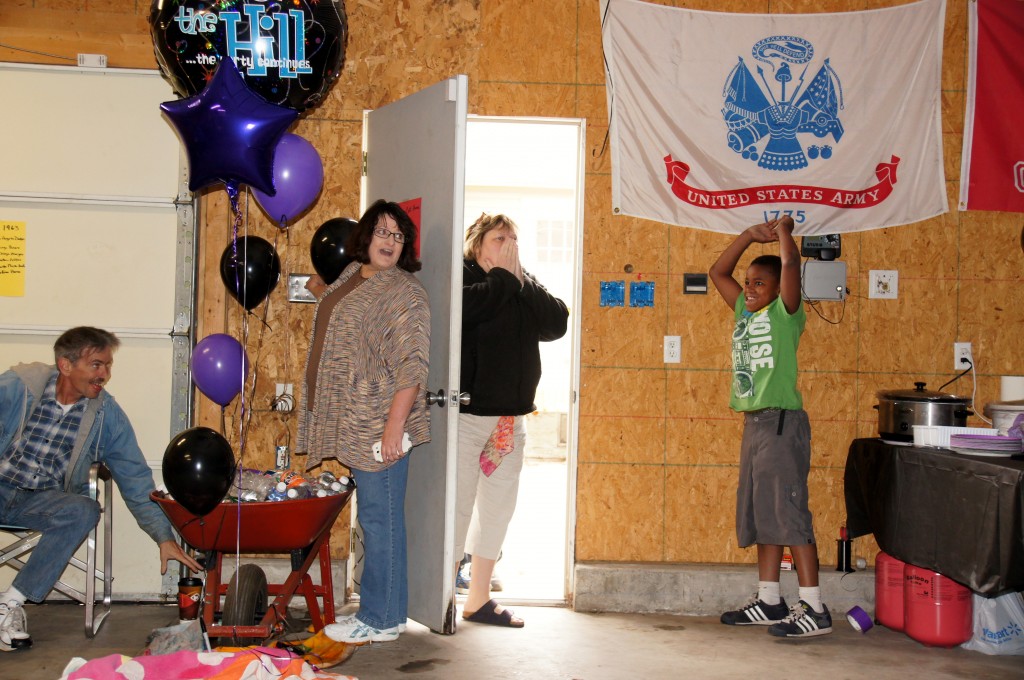I received a Kindle for Christmas in 2010. I have really enjoyed the device: It is smaller and lighter than a physical book, hold lots of books/magazines at once, and lets me save clippings and lookup words on the fly. I prefer to read a book on the Kindle, and will even check-out the eBook from the library instead of using the physical copy that I own.
However, it was over two years before I bought an eBook. At first, I got a “New Yorker” magazine subscription. Next I got into reading library books on the Kindle. Lately I have been using the “Send to Kindle” Chrome app to send long-form articles to the Kindle.
The reason that I hadn’t been willing to buy an eBook was the DRM. I don’t feel like I really own the book if I can’t transfer it to another device. The Kindle is a great product, but I don’t want to be locked into that piece of hardware to read my books. If something happens to the Kindle or a competitor comes out with a better reader, I want to be able to switch and not have to re-buy my books.
Recently, TOR books decided to remove DRM from their eBooks. I am sure that it was a hard decision for them. Without the DRM, it is easy for someone to buy one copy and share it with their friends. Of course, DRM doesn’t protect them from a dedicated pirate. All popular titles are already available to someone who is motivated. But DRM does stop casual sharing. Fortunately, TOR hasn’t seen an increase in piracy and the experience has been positive for them. They have no plans to return to DRM.
So my first eBook was “Ender’s Game” from TOR. I hope that other publishers follow suit and provide a product that I can truly own.

